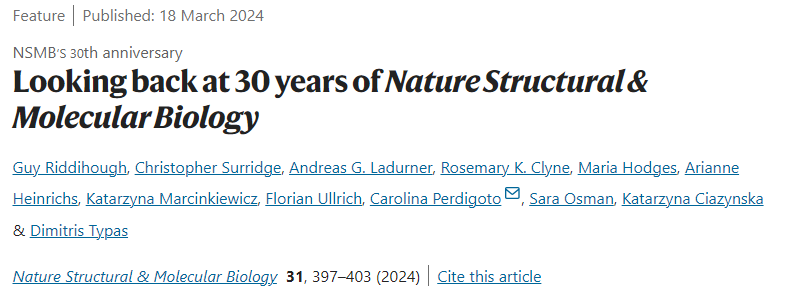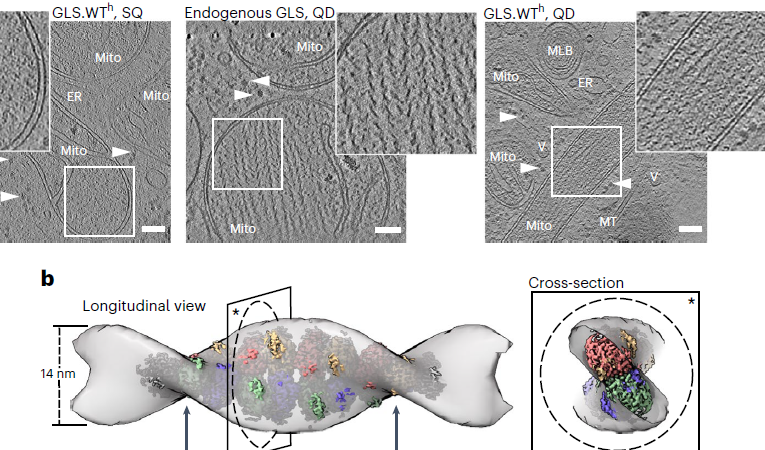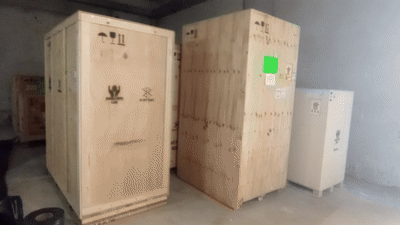
ALBA Lab
Structural and Functional Biology of Tumor Metabolism
The ability of cancer cells to adapt to a nutrient-poor microenvironment is crucial for disease progression. Through various mechanisms such as differential gene expression, epigenetic modifications, post-transcriptional events, protein self-aggregation, and more, transformed cells alter protein expression and function to influence nutrient intake and distribution among metabolic pathways, ultimately impacting cellular fate.
Our laboratory investigates the intricate processes that orchestrate some of these alternative events, specifically interested in understanding the role of mitochondrial enzymes, transmembrane proteins, and transcription factors in promoting tumor properties. Our basic research efforts aim to elucidate the structural and functional aspects of the proteins involved in differential nutrient acquisition and metabolic rewiring. We employ techniques such as X-ray crystallography, biophysical and biochemical approaches, and in vitro and in situ cryo-EM, to study the relationship between protein structure and function.
Recognizing the importance of cellular and organismal contexts, since 2009 we foster cross-disciplinary collaboration with Dr. Sandra MG Dias, a cellular and molecular biologist from LNBio/CNPEM. Together, we strive to comprehensively understand this fundamental phenomenon in cancer from a holistic perspective.
About us
Our laboratory is affiliated with the traditional Crystallography Group at Area 2 of the São Carlos Institute of Physics (IFSC), University of São Paulo (USP). This group has been at the forefront of the protein crystallography community in Latin America since the early 1990s, making significant contributions to the design, construction, and commissioning of crystallography beamlines at the first Brazilian synchrotron source (UVX), operated by the LNLS/CNPEM.
We take pride in our association with the Center for Innovation in Biodiversity and Drug Discovery (CIBFar), a collaborative initiative funded by the São Paulo State Research Foundation (FAPESP) under the RDIC program. CIBFar’s primary mission is to conduct comprehensive research and develop advanced technology in all domains of biodiversity and drug discovery. This encompasses the application of advanced methodologies in natural products chemistry, synthetic organic chemistry, molecular and structural biology, as well as biological, biochemical, and pharmacological assays, medicinal chemistry, and drug design. For detailed information, please visit the CIBFar website.
Latest

Our paper highlighted in NSMB´s 30th anniversary celebration!
Our work among the the most memorable papers in 30 years Nature Structural & Molecular Biology!

Postdoc Position on in situ Cryo-ET
Join our project on mitochondrial filamentous enzymes’ structure and function using advanced methodologies. Two-year FAPEDP PD fellowship with a competitive stipend.
Highlights

Our paper highlighted in NSMB´s 30th anniversary celebration!
Our work among the the most memorable papers in 30 years Nature Structural & Molecular Biology!

Postdoc Position on in situ Cryo-ET
Join our project on mitochondrial filamentous enzymes’ structure and function using advanced methodologies. Two-year FAPEDP PD fellowship with a competitive stipend.

Frontier cryo-EM microscopes delivered!
We welcome advanced cryo-electron microscopes from Thermo Fisher Scientific, enhancing our research with the support of FAPESP, IFSC/USP, and CIERMag. New possibilities on structural biology are approaching!

